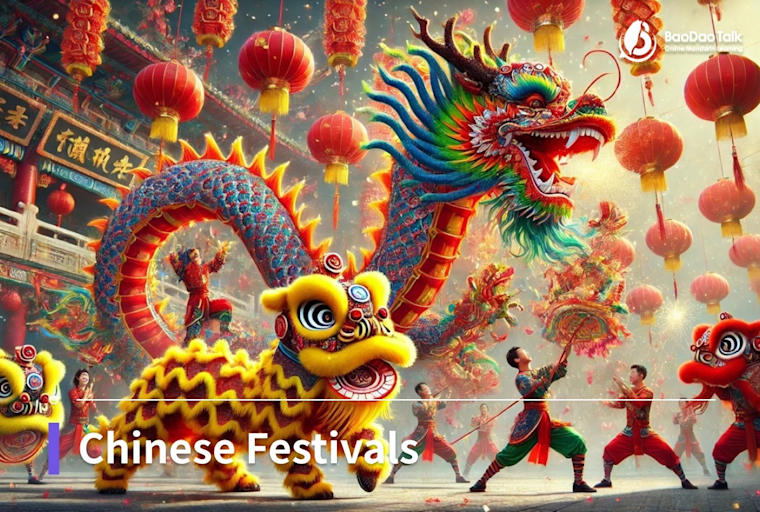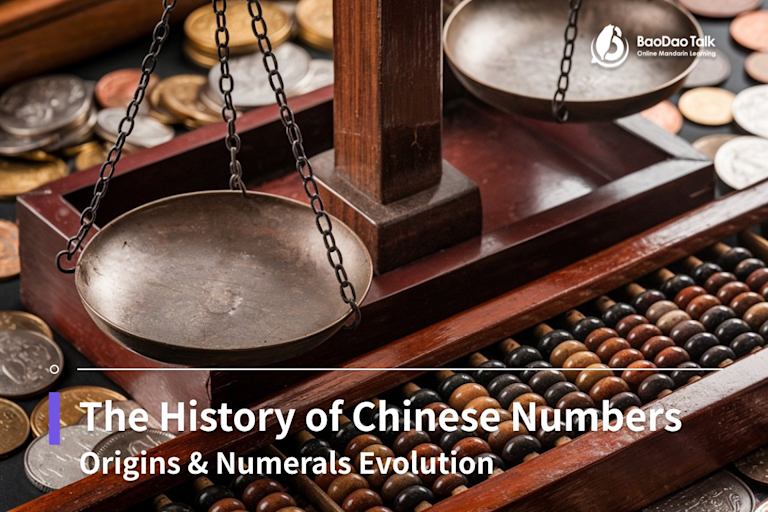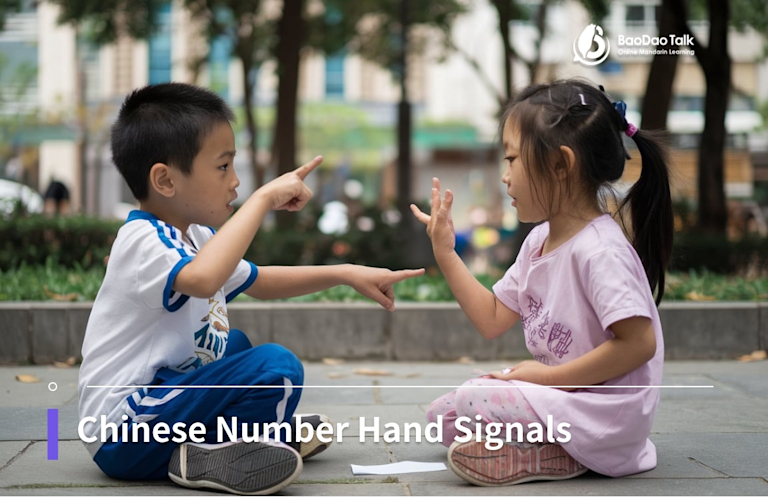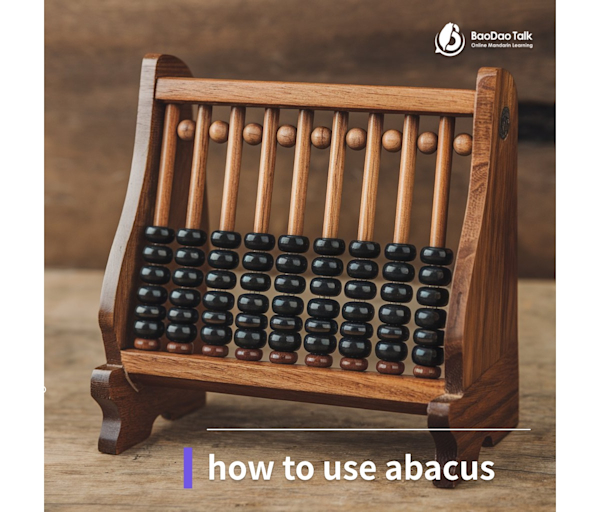BaoDao Talk Blog
2024-06-11updated
Master the skills of learning mandarin: radical
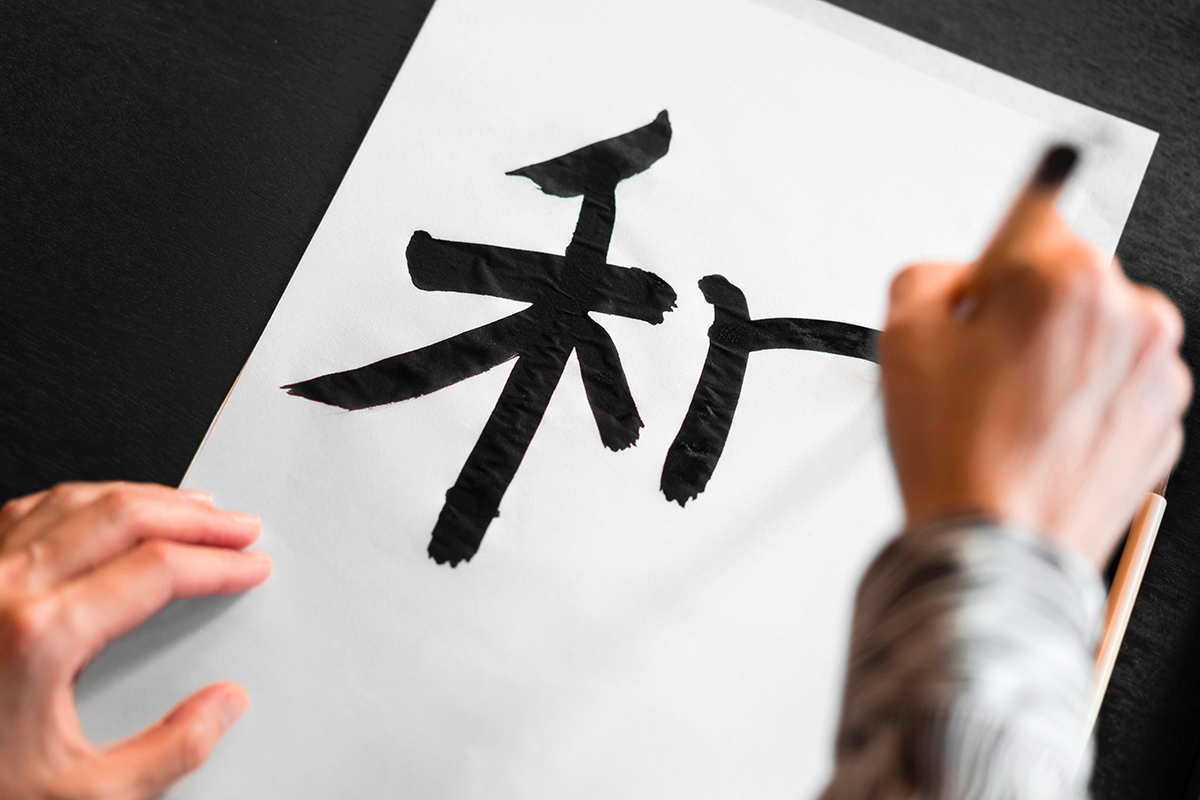
# Learning Mandarin
Learning Mandarin can be an exciting journey, especially for beginners. Unlike some other languages, Mandarin doesn't burden you with complex grammar rules or a plethora of tenses to remember. Instead, it revolves around characters, and understanding radicals can significantly ease the learning process. Let's delve into the world of Mandarin radicals and uncover their importance for beginners.
Quick Navigation
Introduction to Learning Mandarin
Why Learn Mandarin?
Mandarin Chinese is one of the most spoken languages globally, opening doors to countless opportunities in business, culture, and travel. Embracing Mandarin can enhance your cognitive abilities and foster cross-cultural connections.
Mandarin Basics
Before diving into radicals, it's essential to grasp some basics like tones and pinyin. Tones can drastically change a word's meaning, while pinyin provides a phonetic guide to pronunciation.
Understanding Mandarin Radicals
What Are Radicals?
Radicals are components of Chinese characters that typically provide clues to their meaning or pronunciation. They function much like puzzle pieces, combining to form a new character. Often, these combinations carry meaning, allowing for a quicker understanding of the written text even if the pronunciation may vary.
Importance of Radicals in Mandarin
For beginners, radicals offer a systematic approach to character recognition and understanding. By recognizing radicals, you can decipher the meaning of unfamiliar characters and expand your vocabulary more efficiently.
Exploring Common Mandarin Radicals
Now, let's explore some common radicals and their significance.
Radical: 人 (Ren)
The radical 人 (rén) represents "person." Characters with this radical usually relate to human activities or characteristics, such as 你 (nǐ) - "you" and 他 (tā) - "he/she."
For beginners in spoken Chinese learning, encountering the word "他" (tā), there's no need to deliberately learn the usage differences between "他" (tā), "她" (tā), or "它" (tā), because they all sound exactly the same when pronounced.
Radical: 口 (Kǒu)
The radical 口 (kǒu) denotes "mouth" or "opening." Characters featuring this radical often involve communication or actions related to the mouth, like 叫 (jiào) - "to call." and 吃 (chī) - "to eat."
Radical: 心 (Xīn)
The radical 心 (xīn) symbolizes "heart" or "emotion." Characters with this radical usually pertain to feelings or abstract concepts, such as 愛 (ài) - "love" and 快 (kuài) - "fast" or "quick."
Radical: 手 (Shǒu)
The radical 手 (shǒu) signifies "hand." Characters incorporating this radical often relate to actions or objects involving hands, like 打 (dǎ) - "to hit" and 拿 (ná) - "to hold" or "to take."
Radical: 言 (Yán)
The radical ��言 (yán) represents "speech" or "words." Characters with this radical usually involve language or communication, such as 語 (yǔ) - "language" and 說 (shuō) - "to say."
Radical: 日 (Rì)
The radical 日 (rì) denotes "sun" or "day." Characters featuring this radical often relate to time or the natural world, like 明 (míng) - "bright" or "clear" and 時 (shí) - "time."
Radical: 木 (Mù)
The radical 木 (mù) symbolizes "tree" or "wood." Characters with this radical usually involve plants or objects made from wood, such as 林 (lín) - "forest" and 森 (sēn) - "woods."
Radical: 水 (Shuǐ)
The radical 水 (shuǐ) represents "water." Characters featuring this radical often relate to water or fluid concepts, like 河 (hé) - "river" and 海 (hǎi) - "sea."

Practical Tips for Learning Radicals
Use Mnemonics
Associate radicals with vivid images or stories to aid memorization. Creating mnemonic devices can make learning radicals more engaging and effective.
Practice Writing Radicals
Repetitive writing reinforces memory retention. Set aside time to practice writing radicals, focusing on stroke order and structure.
Incorporate Radicals in Vocabulary Learning
When learning new words, pay attention to radicals within characters. Understanding radicals can provide context and make vocabulary acquisition more intuitive.
Resources for Further Learning
Online Courses and Apps
Explore online courses and apps tailored for Mandarin learners. Platforms like BaoDao Talk offer interactive lessons and practice exercises.
Mandarin Learning Communities
Join online forums or language exchange groups to connect with fellow learners and native speakers. Engaging with a community can provide valuable support and motivation on your learning journey.
Conclusion
Mastering the radicals of Mandarin is a fundamental step for beginners on the path of language learning. By understanding radicals and their meanings, you can unlock a deeper comprehension of Chinese characters and enhance your language proficiency. Learning Mandarin is not difficult; all you need to do is focus on pronunciation practice, expand your vocabulary, and you'll have a solid foundation for communication with people from Taiwan and other Mandarin-speaking regions. If you encounter any difficulties in your learning journey, consider arranging one-on-one lessons with a professional Mandarin teacher who can personally assist you in addressing your challenges!
Share to:
